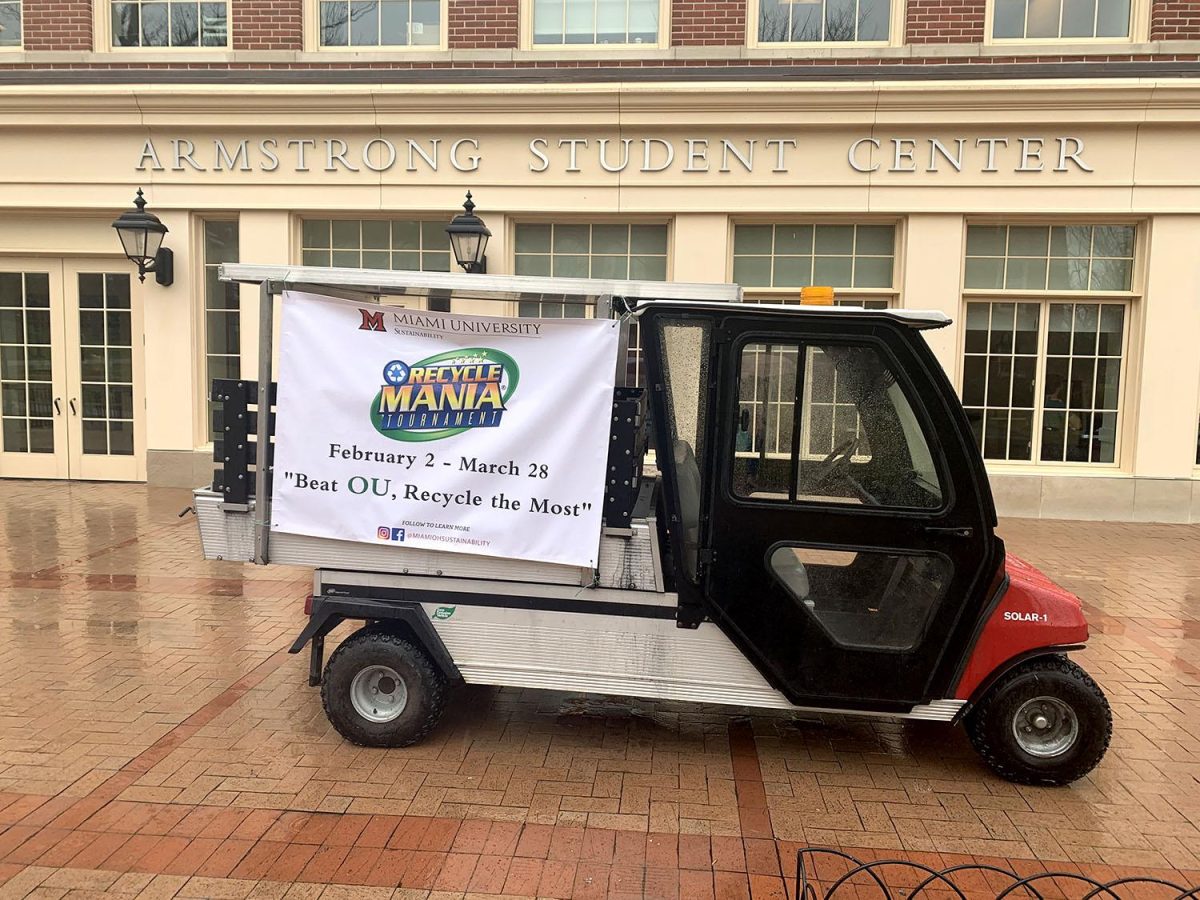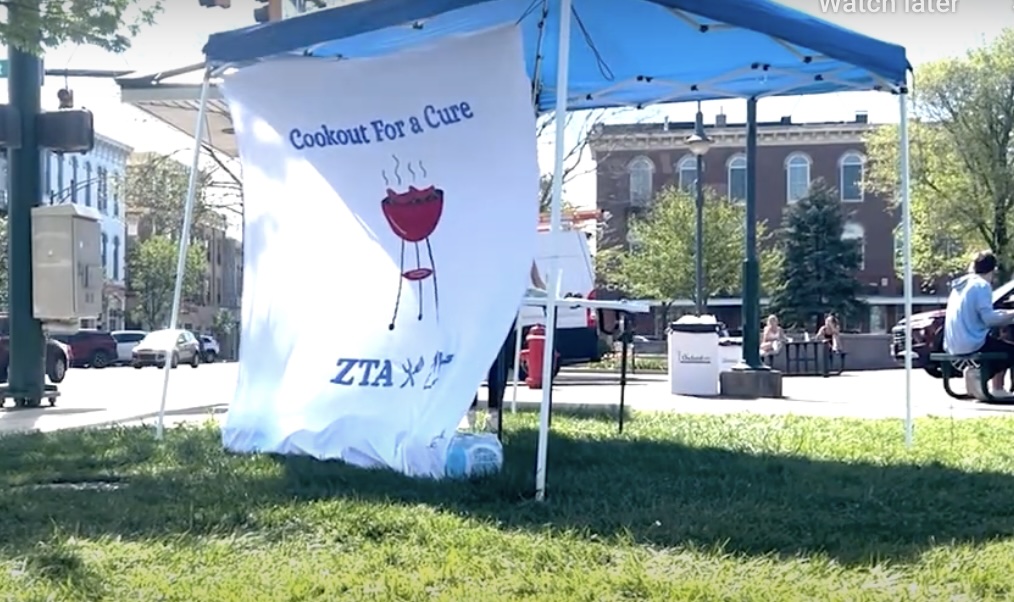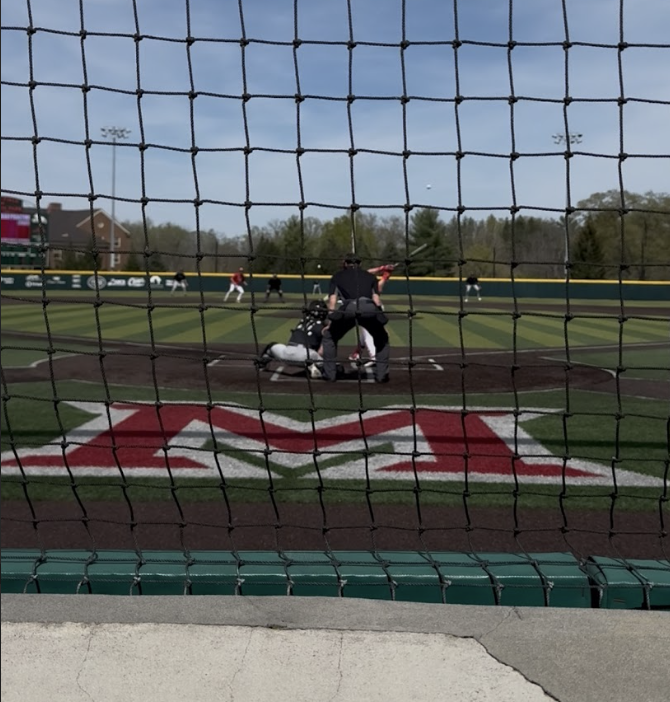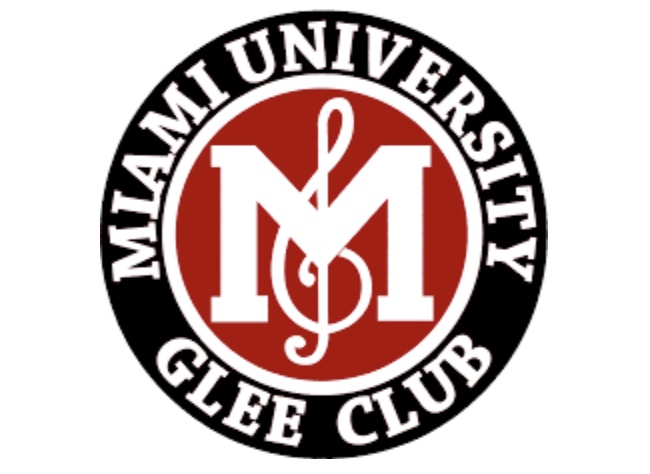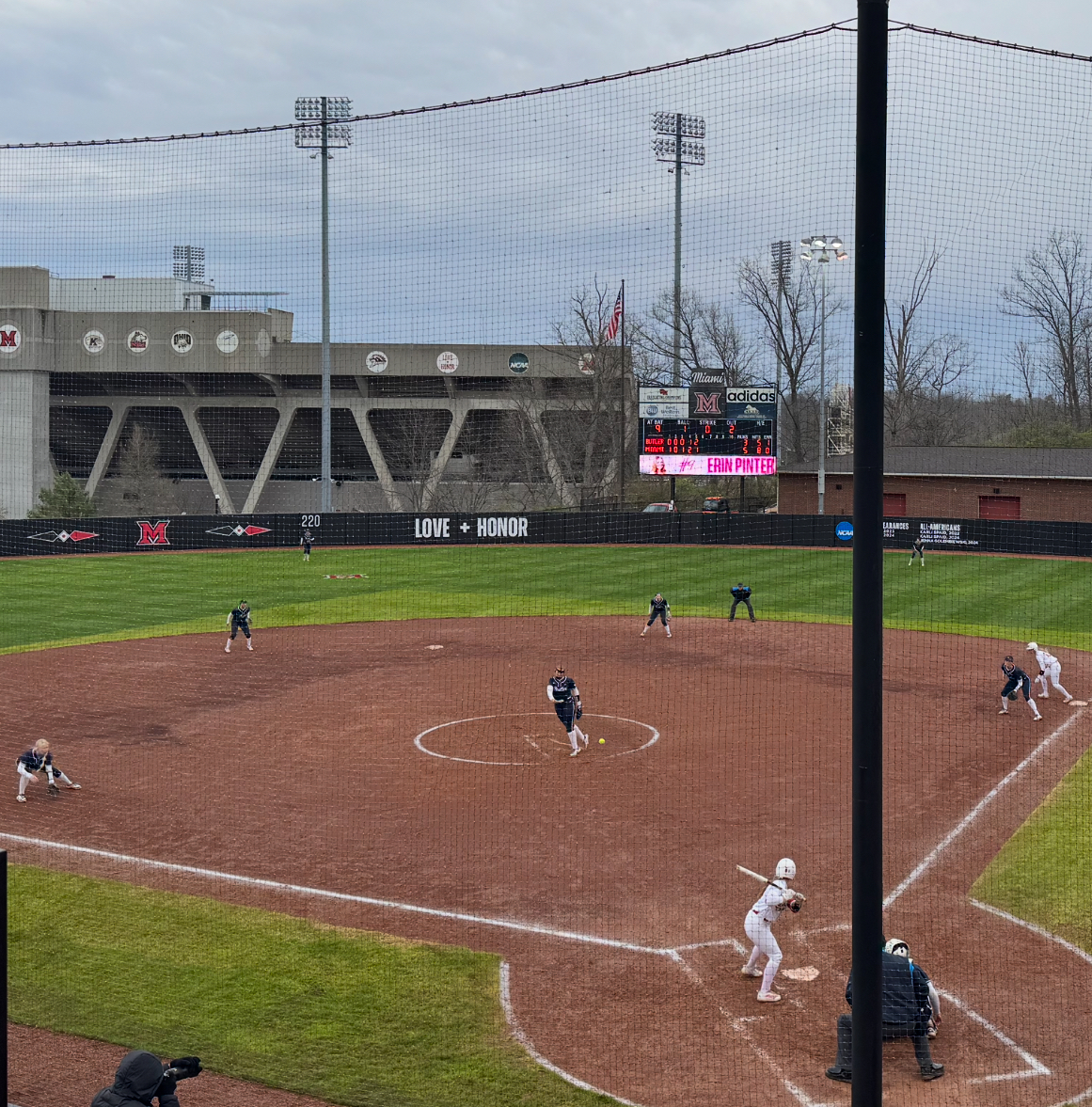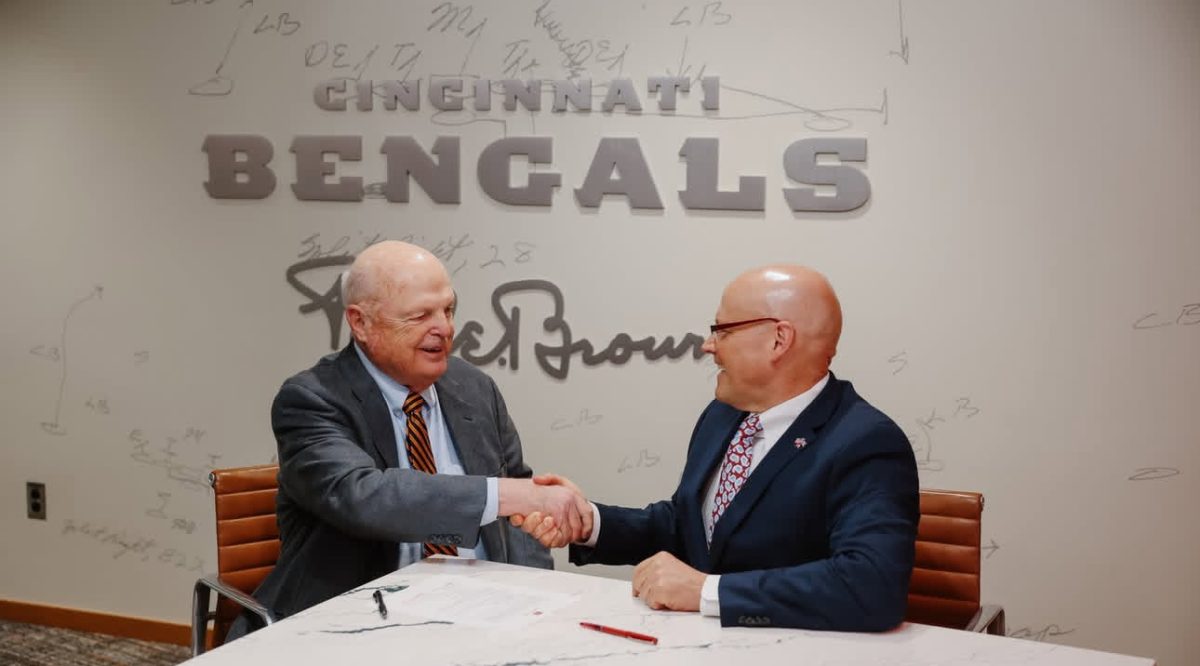Miami University has rejoined a national recycling competition. “RecycleMania” encourages colleges across the country to compete in recycling the most waste over an eight-week period.
More than 200 schools in the U.S. and Canada are competing in the challenge, which began Sunday, Feb. 2.
ReycleMania is divided into categories of waste diversion: per capita, zero waste and food waste, all generated on campus. Miami is participating in several components of RecycleMania, including the Stephen K. Gaski Per Capita Classic. The Per Capita Classic is the largest competition of RecycleMania and measures how much recycling a school produces per person. Campuses work to collect paper, cardboard, cans and bottles. In Oxford, the recycled material will be weighed by Rumpke Waste and Recycling and then divided by the number of full-time students and staff at the university.
Adam Sizemore, director of sustainability, has seen sustainability take priority at Miami since starting as director in 2018. “It is great to take something that is already established and learn how to maximize it for the future,” said Sizemore.
The Per Capita classic was named after Stephen Gaski who was the former director of building and special services at Miami. Gaski was an early supporter of RecycleMania and Miami’s recycling center. The Per Capita category is for campuses that want to educate its students and staff on recycling strategies to increase the overall recycling percentage. Olivia Herron, Miami’s sustainability coordinator, wants to educate faculty and staff to understand what is not recyclable so they will not buy the food product in the container.
Herron said he hopes the competition will give students and faculty an opportunity to recycle properly. “It is frustrating when people say I don’t have recycling. I hope it encourages students to think about consumption,” said Herron.
Sizemore entered Miami in the competition last year with no promotion or education. Without the help of Rumpke, Sizemore visited each recycling dumpster the night before recycling pick up and estimated the amount of recycling. With Rumpke’s help, the data collected will give an accurate picture of recycling at Miami says Sizemore. The use of Rumpke allows for more time to be devoted to education and promotion instead of measurements.
“Zero waste is a mindset that eventually we can get to a point where recycling doesn’t need competitions like this to have the ability to raise this awareness,” said Sizemore.

A zero-waste community is still being defined throughout communities like Oxford. The United States Environmental Protection Agency has gathered communities’ definitions of zero waste to state that the lifestyle is more than just recycling or composting. Waste is not viewed as disposal but instead resources that are recreated into something new. Zero waste communities are aware of product production to reduce waste in the community through packaging and transportation.
The campus will also be participating in the Race to Zero Waste on central quad to challenge residents to produce zero waste over four weeks. The competition starts in March, which includes the Miami and Ohio University basketball game on March 6. The spectators will be challenged to create the least waste possible and recycle. A waste audit will be conducted after the game to see if spectators were able to recycle correctly.
A throwback competition between Ohio University and Miami will occur throughout the eight weeks to commemorate the original RecycleMania that generated attention to recycling at Miami. Stacy Wheeler, who is now the president and co-founder of the RecycleMania Inc., was the recycling coordinator at Miami. In 2001, Miami won the first RecycleMania against Ohio University by recycling 66 pounds of waste per person. The campus won the competition two other times in 2004 and 2005.

“A good combination of what’s recycled in the community is what is recycled for us,” said Sizemore.
In 2019, five million college students, faculty and staff participated at 300 campuses. Seventy million pounds of waste were recycled or composted, and 300 million single-use plastics were removed from the waste stream.
Sizemore said the world is headed toward a place of creating zero waste but until then he hopes to make the community aware of those items in the grocery store that are recyclable.
“Styrofoam egg cartons aren’t recyclable but paper egg cartons are so if you know that you can grab the paper ones at the grocery store,” said Herron.
RecycleMania has a goal of education on recycling. In Oxford, residents may avoid recycling because of their limited knowledge on the topic says Sizemore. “People across the world have their own definition of what’s recyclable and assume the same stuff is recyclable,” says Sizemore.
Paper products that become greasy or wet cannot be recycled and must be thrown away. These items include napkins, paper coffee cups, cardboard food containers or laminated paper. Plastics such as straws, shopping bags, berry containers, frozen meals and yogurt containers cannot be recycled in the blue bins on campus. Herron suggests recycling plastic bottles with a smaller top than the bottom as a guideline that meets the requirement for Rumpke.
Some students and faculty are familiar with the beginning of RecycleMania and remember the significance of the competition. “This is a huge competition over universities that started right in our backyard,” said Sizemore.
The competition started on Feb. 2 and will continue until March 28. RecycleMania tabling will be held in Armstrong every Wednesday from 11 a.m. to 1 p.m. and students can be entered in a raffle for a $25 gift card.


